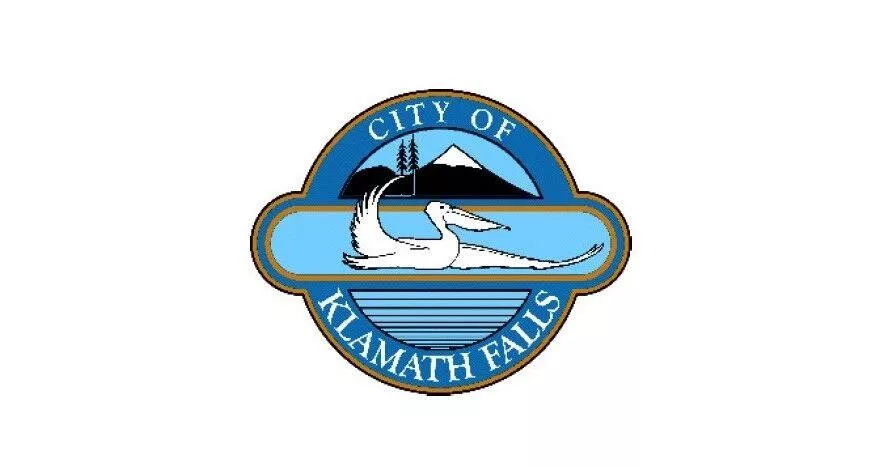Salem, Ore. – As winter storms and extreme weather events impact communities, Oregon residents are reminded to be prepared for potential power outages. Heavy snow, ice, and high winds can damage power lines and disrupt electricity, sometimes leading to extended outages. Weather conditions in specific geographies may also cause electric utilities to adjust system settings, which can result in more frequent or longer outages.
Be Prepared in Advance
Prepare your home and business in case a winter storm leads to a power outage:
- Be two weeks ready – Gather food, medical supplies, batteries, pet supplies, and other essentials needed by family members during an outage or evacuation for up to two weeks. Learn more about what supplies to consider.
- Register for a Medical Certificate – If you have a medical condition that requires power, contact your electricity service provider in advance to register a Medical Certificate. This certification provides added benefits and helps ensure your needs are met during an outage.
- Update your contact information – Ensure your utility service provider has your current contact information to receive notifications. If uncertain about which electric utility serves your area, visit Find Your Utility.
- Charge your devices – Keep cell phones fully charged in anticipation of an outage. Consider a car charger for phones and other electronic devices.
- Plan for livestock and well water needs – Ensure you have a plan for providing water to livestock in case well pumps lose power.
- Consider alternative power sources – If possible, invest in a backup generator or identify an alternative location to meet power needs.
- Documentation back-up – Capture clear images of vital papers and send them to your email, organizing them in a dedicated folder for quick access during emergencies (passports, drivers license, car title, rental agreements, insurance policies, property titles, wills or power of attorney documents).
During a Power Outage
- Avoid downed power lines – Stay away from downed lines and anything near them. Report them to your utility provider immediately.
- Be cautious around crews – Give space to utility workers and emergency responders as they work to restore service and clear hazards.
- Use emergency lighting – Use flashlights or battery-operated lanterns for light. Avoid candles or other open flames.
- Reduce power surges – Turn off lights and unplug electric appliances except for the refrigerator and freezer. Leave one light on to know when power is restored.
- Use generators safely – Never operate a generator inside your home or garage, or near windows or vents, to avoid carbon monoxide poisoning. Learn more about safe generator use.
- Check on vulnerable neighbors – Offer assistance to elderly neighbors or individuals with special needs who may require additional help.
- Report outages – Call your electricity service provider to report an outage. Report non-emergency issues to your utility provider – Contact your electricity or utility company directly for outage reports or other non-urgent concerns to help keep 911 lines open for those in critical need.
- Call 911 only for true emergencies – During major events like power outages or severe weather, 911 call centers (PSAPs) may experience high call volumes, which can delay emergency response times.
- Invest in an emergency radio with AM/FM/SW and NOAA capabilities– Weather radios are available for under $40. Many models feature solar panels, hand-crank or battery backup, and double as flashlights and power banks for your cell phone.
Natural Gas Tips
- If you need to evacuate, there’s no need to shut off natural gas.
- If natural gas appliances don’t work properly after electricity is restored, contact your gas service provider.
- Do not turn on natural gas service yourself; always call your gas provider for assistance.
- If you smell natural gas, evacuate immediately and call 911.
Stay Informed
- Sign up for alerts – Contact your electricity provider to ensure your contact information is current and sign up for local emergency alerts through ORalert.gov.
- Check road conditions – Before traveling, visit Trip Check for road closures and weather updates.
Winter storms can disrupt daily life, but with preparation and safety precautions, you can minimize their impact on your household and community.





